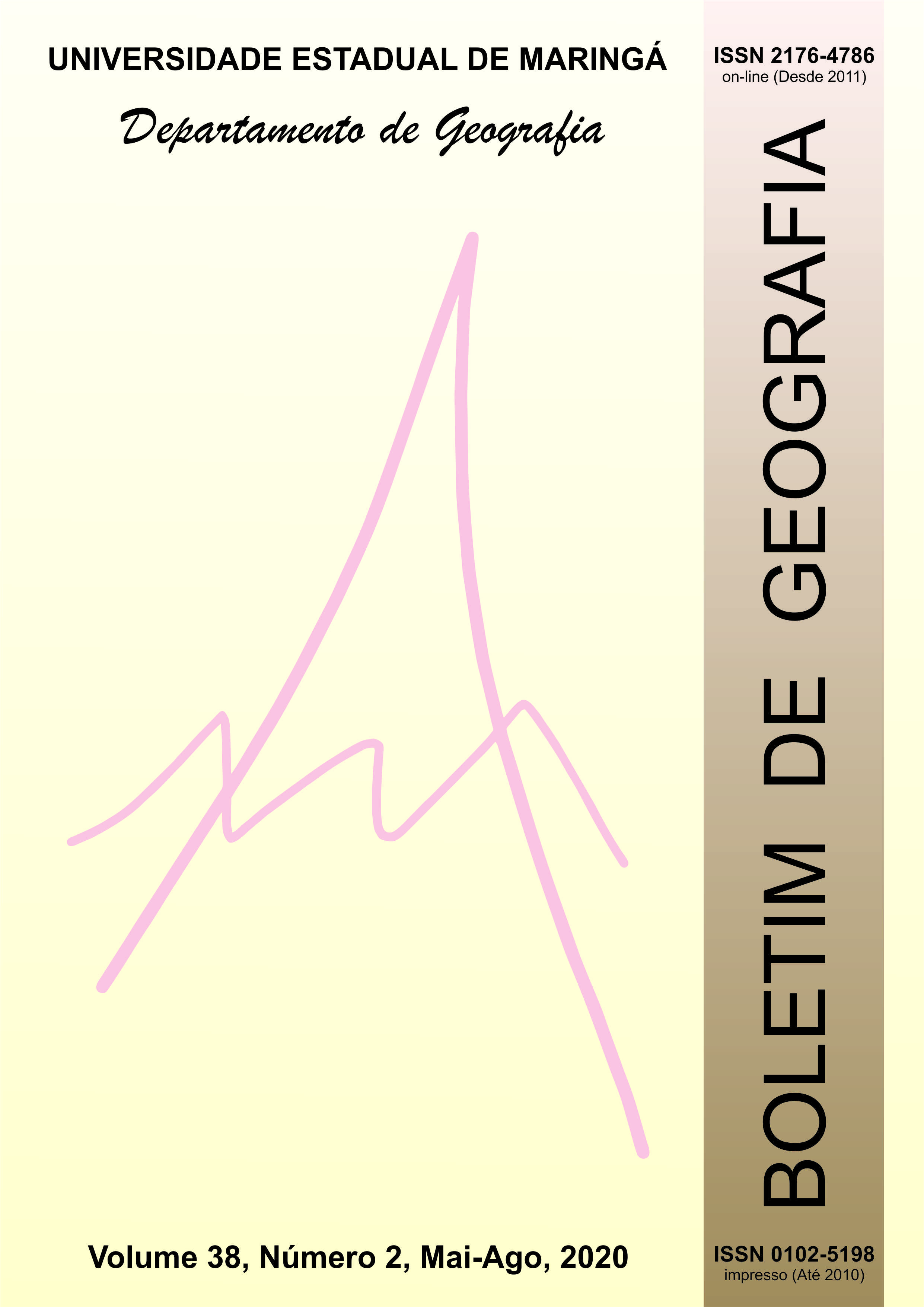Professional guidance: perspectives of Public High School teachers in the midwestern mesoregion of Paraná, Brazil
Abstract
This article is a part of the project “Unespar/Fecilcam em diálogo com a educação básica: jovens ao encontro de caminhos profissionais” (Unespar/Fecilcam in dialogue with basic education: the young meeting professional paths), from the program Universidade Sem Fronteiras (University Without Boundaries), whose purpose was to investigate and discuss Professional Guidance in the educational context and, from this, to encourage students finishing Basic Education to attend University. Regarding such subject, in this work, we aimed at understanding the conception of teachers and directors form schools with a low Human Development Index (HDI) in Paraná’s Midwestern Mesoregion, through a practice developed from qualitative research and the methodology of action research. Initially, we held meetings with the students to provide a clarification on the purpose of Professional Guidance, which aims at leading their choice and presenting the different areas of knowledge. Next, we applied questionnaires and, finally, used oral sources, obtained through interviews with the schools’ teachers and directors. With such data, we aimed at investigating the teachers’ conceptions regarding the process of Professional Guidance, to find out if they perform actions in this sense. Among the obtained results, we highlight that most of the teachers and students feel the necessity of practices of Professional Guidance. However, such practices are rarely performed, due to the lack of qualified professionals, or because they have to attend other requirements from the educational environment.
Downloads
O Boletim de Geografia está licenciado através da Creative Commons Atribuição 4.0 Internacional (CC BY 4.0).
Autores que realizam submissões ao Boletim de Geografia concordam com os sequintes termos:
- Autores retêm todos os direitos autorais e concedem à Revista direitos exclusivos da primeira publicação, com o artigo licenciado sob os termos da Creative Commons Atribuição 4.0 Internacional (CC BY 4.0).
- Após a publicação, fica permitido ao autor a republicação em qualquer outros meios de divulgação, desde que mencionada a fonte original.












